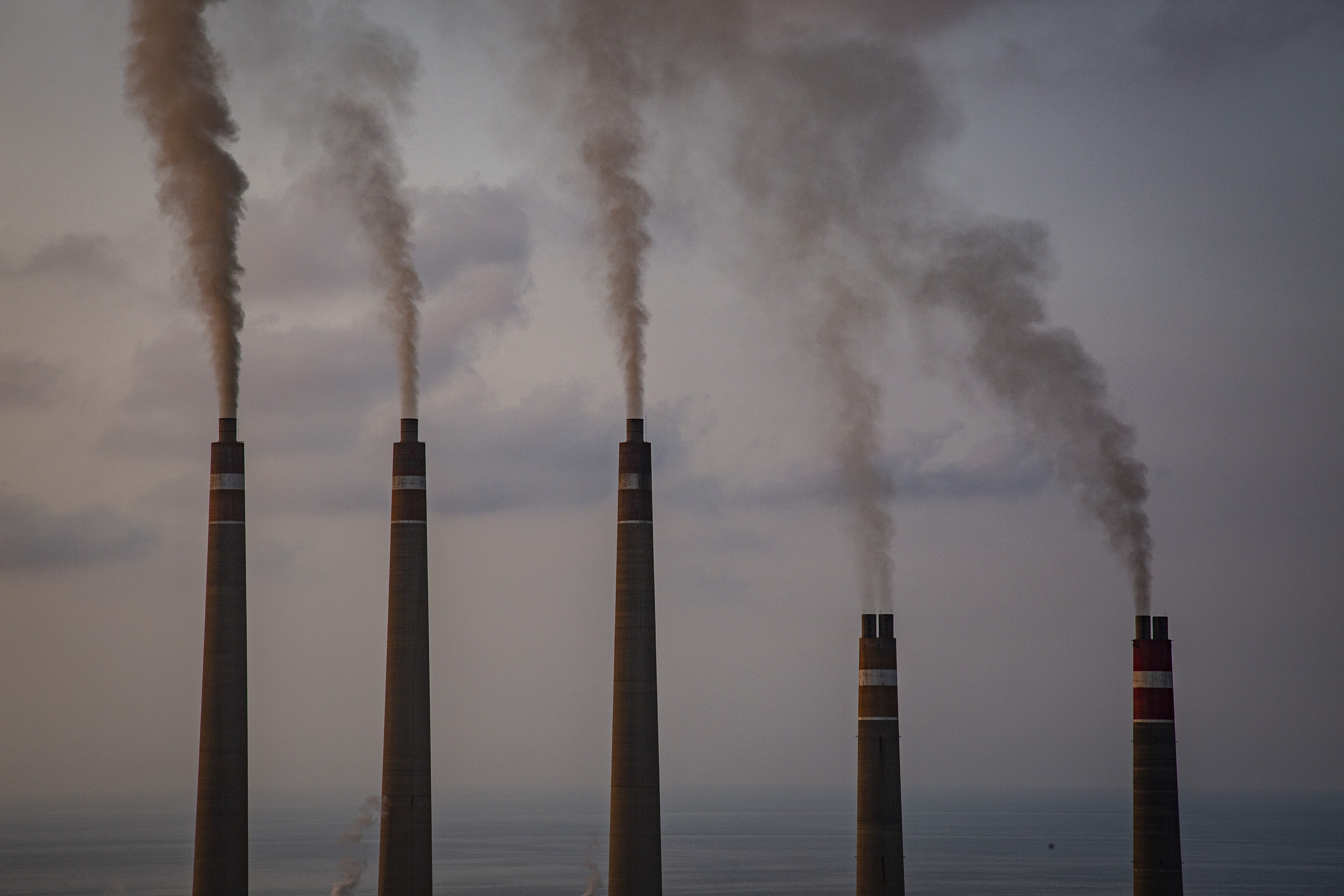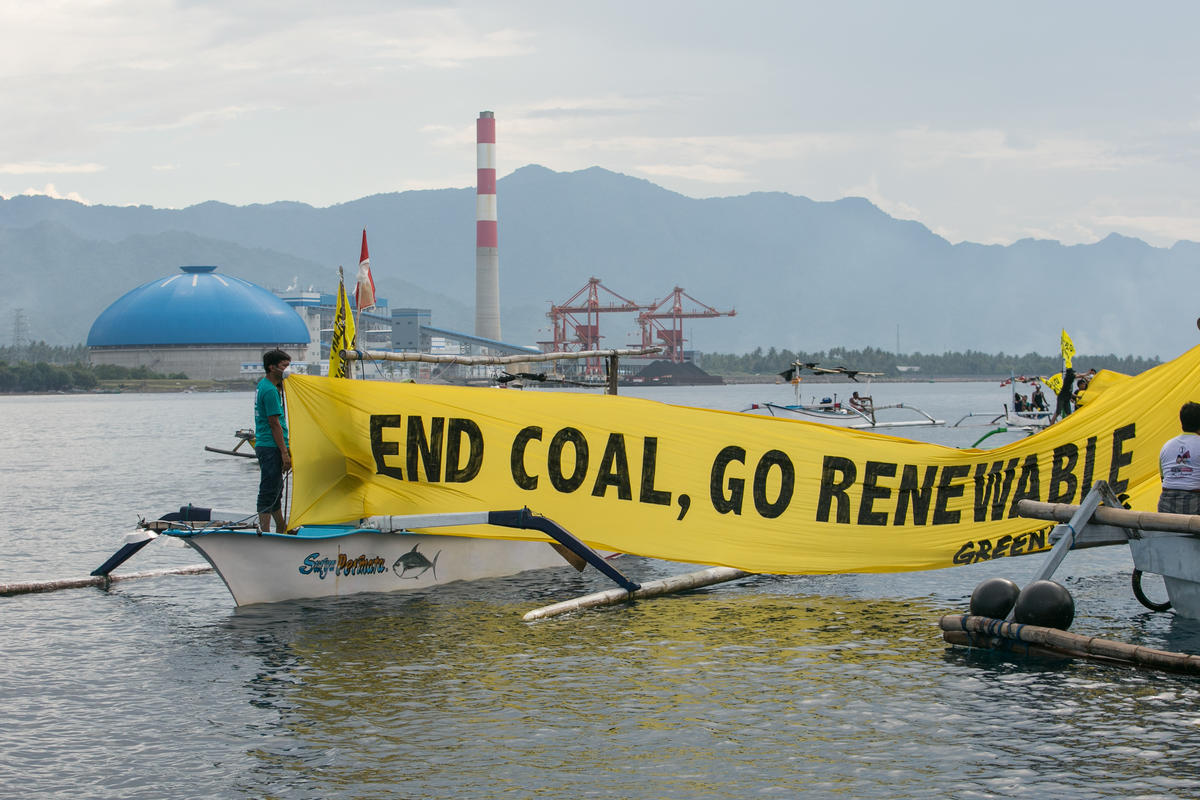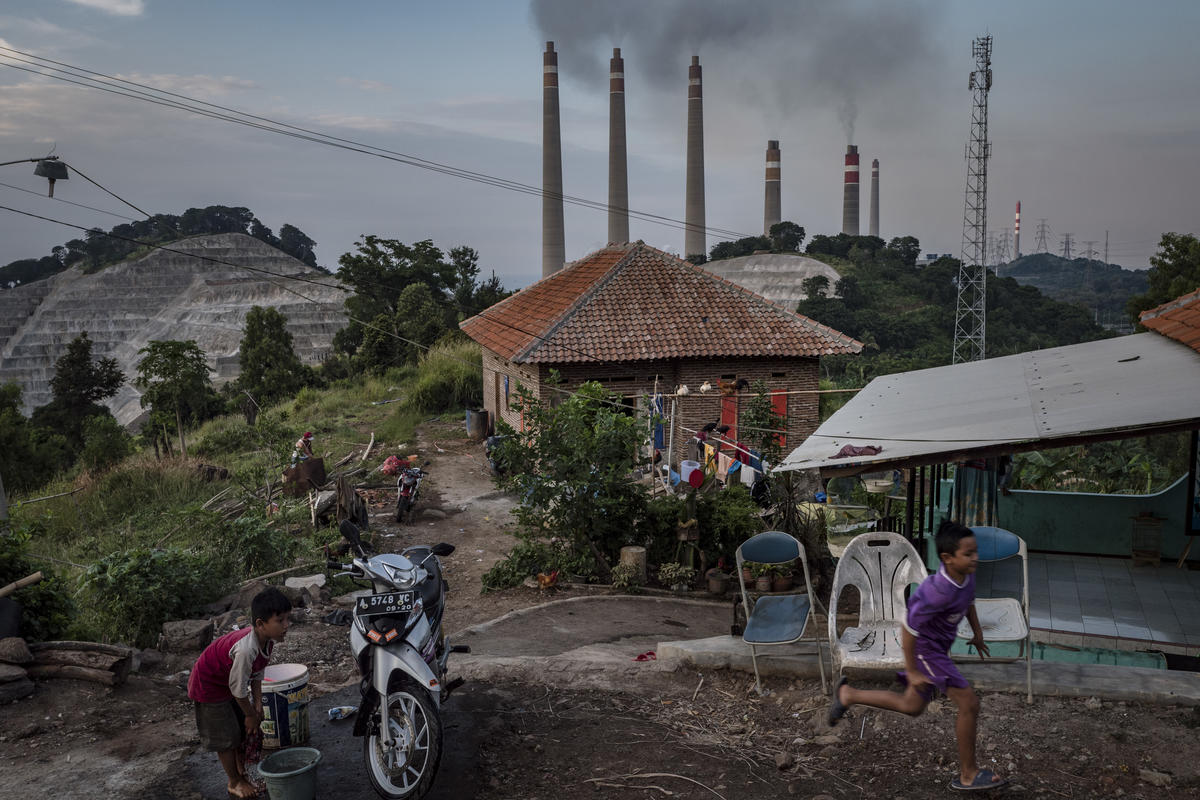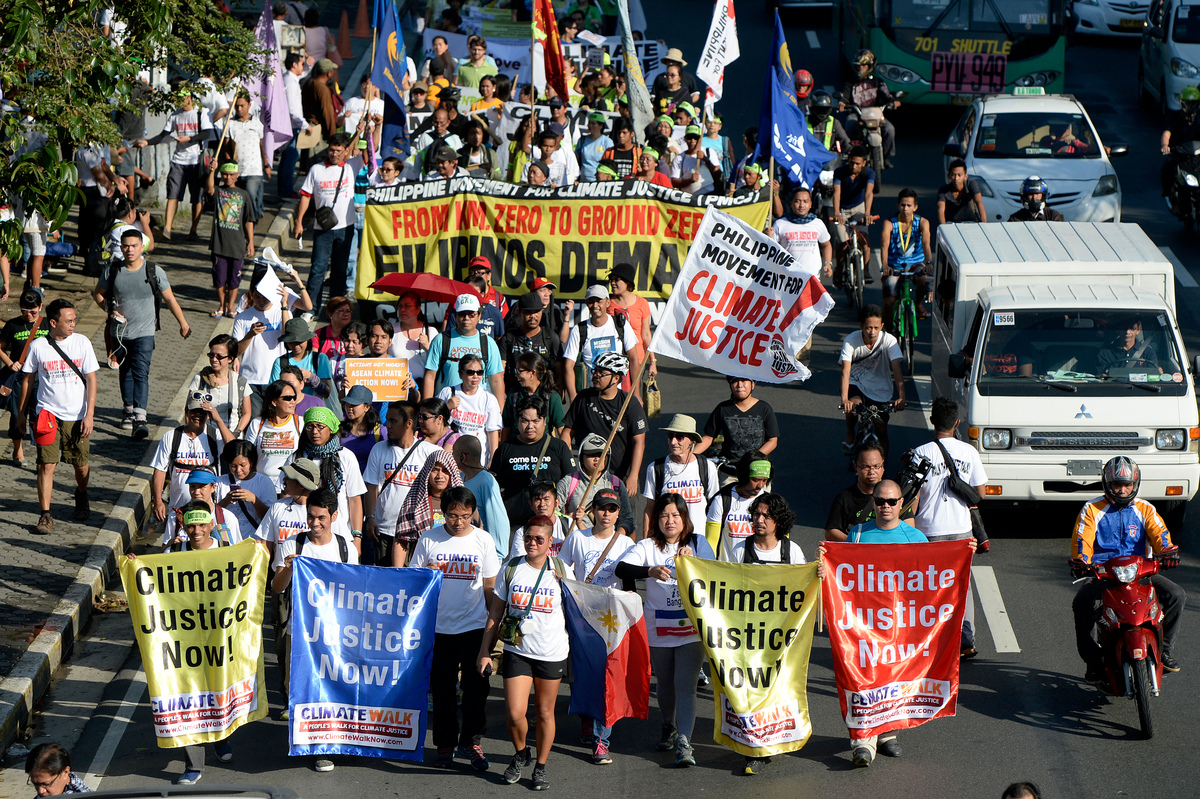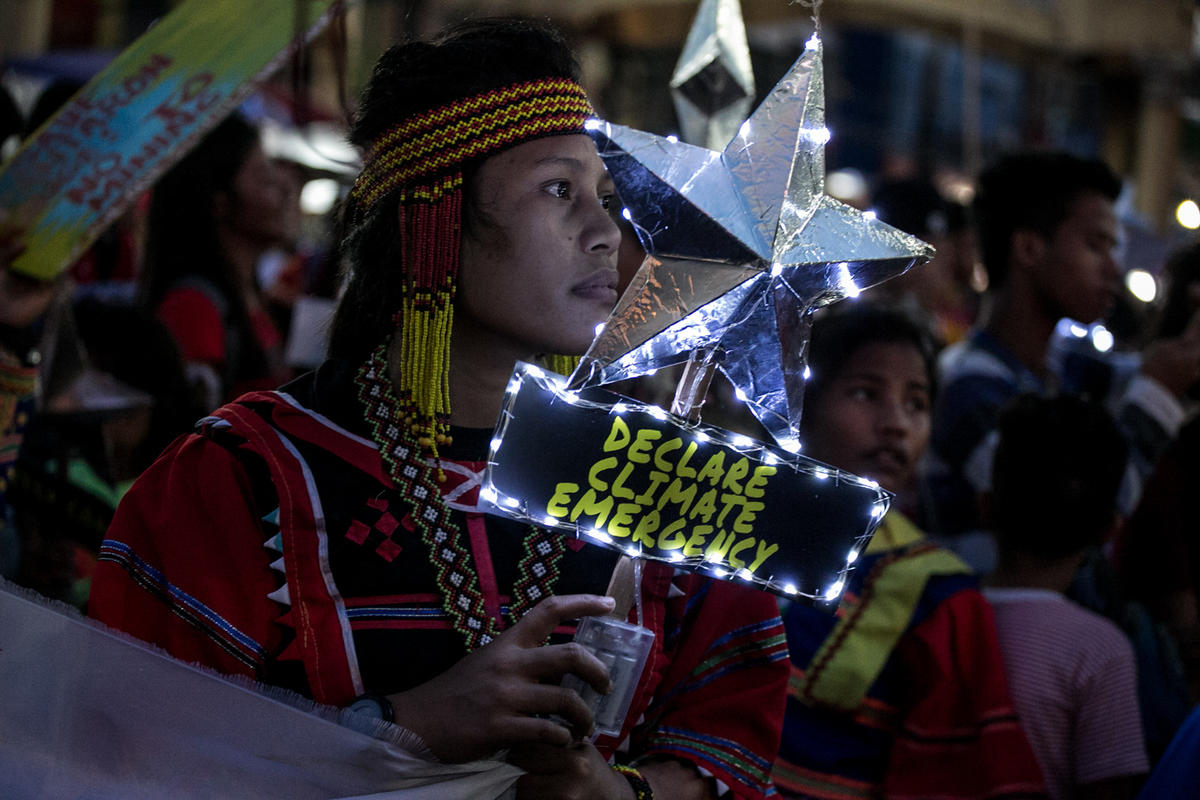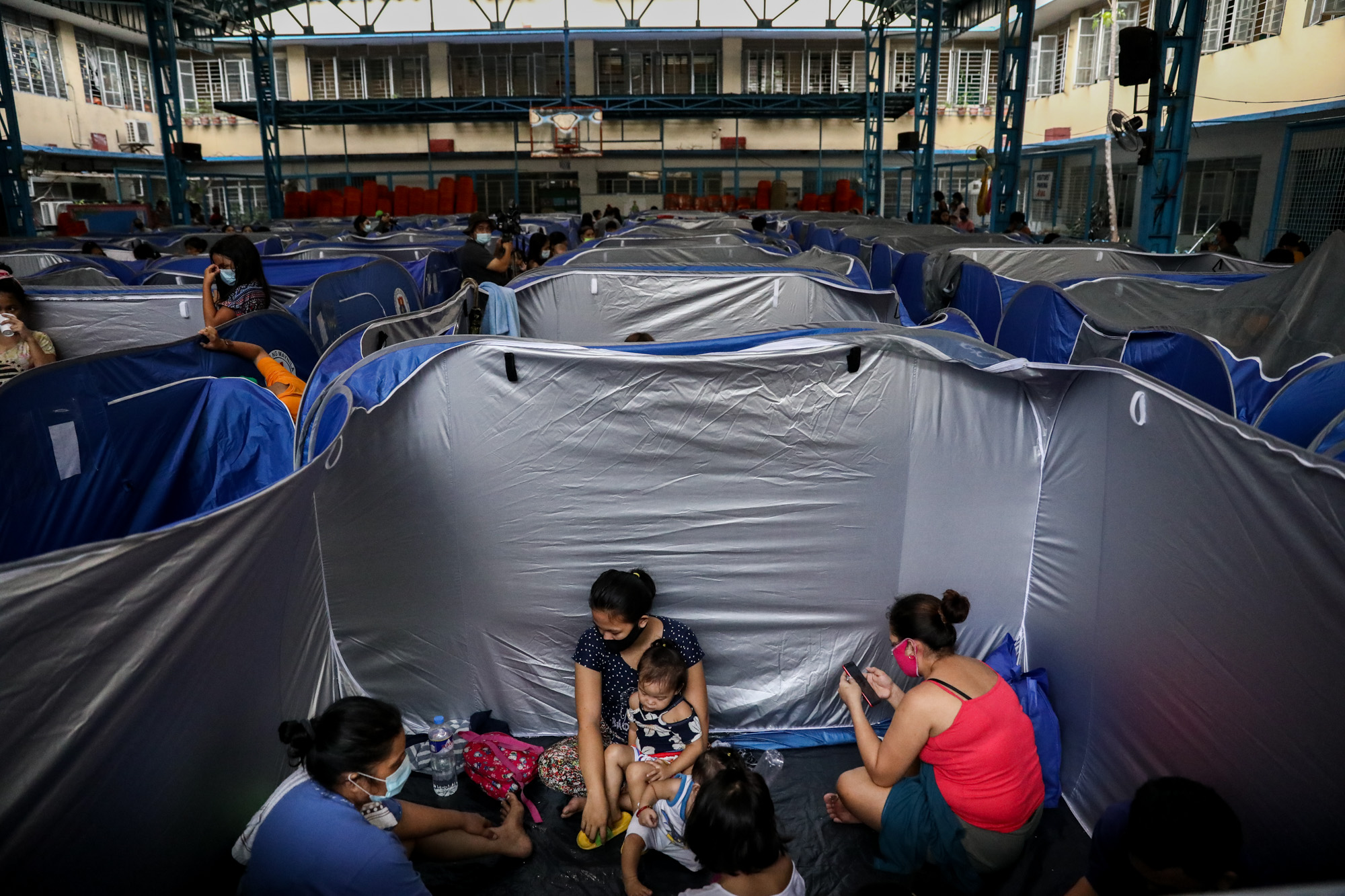-
Greenpeace Southeast Asia’s statement on the military’s takeover and violence against protesters in Myanmar
Greenpeace stands in solidarity with the people of Myanmar. We join the clamour to undo the arrests and detention of public servants, journalists, artists, members of the judiciary and other citizens. We especially stand with the youth of Myanmar in defending their future.
-
PM2.5 air pollution behind an estimated 160,000 deaths in world’s 5 biggest cities in 2020
PM2.5 air pollution was behind approximately 160,000 deaths in the world’s five most populous cities in 2020, according to a Greenpeace Southeast Asia analysis of IQAir data from a live Cost Estimator
-
China, Japan, and S. Korea see $205 billion renewable energy market in Southeast Asia
East Asian finance will be as important for renewable energy in Southeast Asia as it was for coal. Over the past two decades, we’ve seen East Asian banks skew the margins towards coal to keep the fossil fuel profitable despite ballooning financial risk. Over the next decade, we’ll see them apply the same ingenuity to…
-
CIMB exits coal finance
Effective in 2021, CIMB will no longer finance new or expansions of thermal coal mines and coal-fired power plants, except where there is an existing commitment. CIMB has committed to developing a comprehensive plan to reduce its coal exposure to zero by 2040.
-
CP named top plastic polluter for the second year in the row, according to Greenpeace Thailand’s 2020 brand audit report
Five Thai companies, namely, Charoen Pokphand Group (CP), Dutch Mill Co., Ltd., Osotspa, TCP Group, and Lactasoy, have been identified as the top plastic polluters locally responsible for plastic pollution affecting two provinces, according to the latest brand audit report conducted by Greenpeace Thailand.
-
Greenpeace lauds the Philippine House of Representatives for climate emergency declaration push
Among the key components of the resolution is to call on major carbon emitters, locally and abroad, to take responsibility for climate change, reinvest in renewable and sustainable energy, as well as encourage local governments to issue climate emergency declarations.
-
Climate Emergency declaration key to determining crucial steps to protect Filipinos from disasters – Greenpeace Philippines
Declaring a climate emergency also calls for establishing an enjoined whole-of-government and whole-of-society approach to strengthen climate response; charging the relevant government agencies and the Congress to adopt policies and enact laws to protect the climate, on the basis of climate justice...
-
Investigation indicates FSC-certified company intentionally used fire to clear Indonesian forests for palm oil
Greenpeace International collaborated with Forensic Architecture – a research collective based at Goldsmiths University of London, which uses spatial analysis to reconstruct cases of human rights violations and environmental destruction – to investigate whether the cause of the fires could be identified in Korindo’s palm oil concessions in Papua.
-
Greenpeace Philippines renews calls for Climate Emergency Declaration as Supertyphoon Goni exits the country
Greenpeace Philippines believes that as the country charts its COVID recovery the government must use the opportunity to build in strong climate action into a response that will help address other current and future intersecting crises. Stepping up climate action now will be a big step in addressing the interrelated crises the country faces.
-
Greenpeace Philippines welcomes moratorium on new coal plants; renews call for energy transition to RE
Data from a recent Greenpeace report shows that the Philippines can easily achieve 50% RE power generation by 2030 solely through solar and wind capacity. To enable this to happen, the DOE must support their declaration with concrete policy measures such as removing financial incentives for coal and other fossil fuel power projects, imposing higher…


